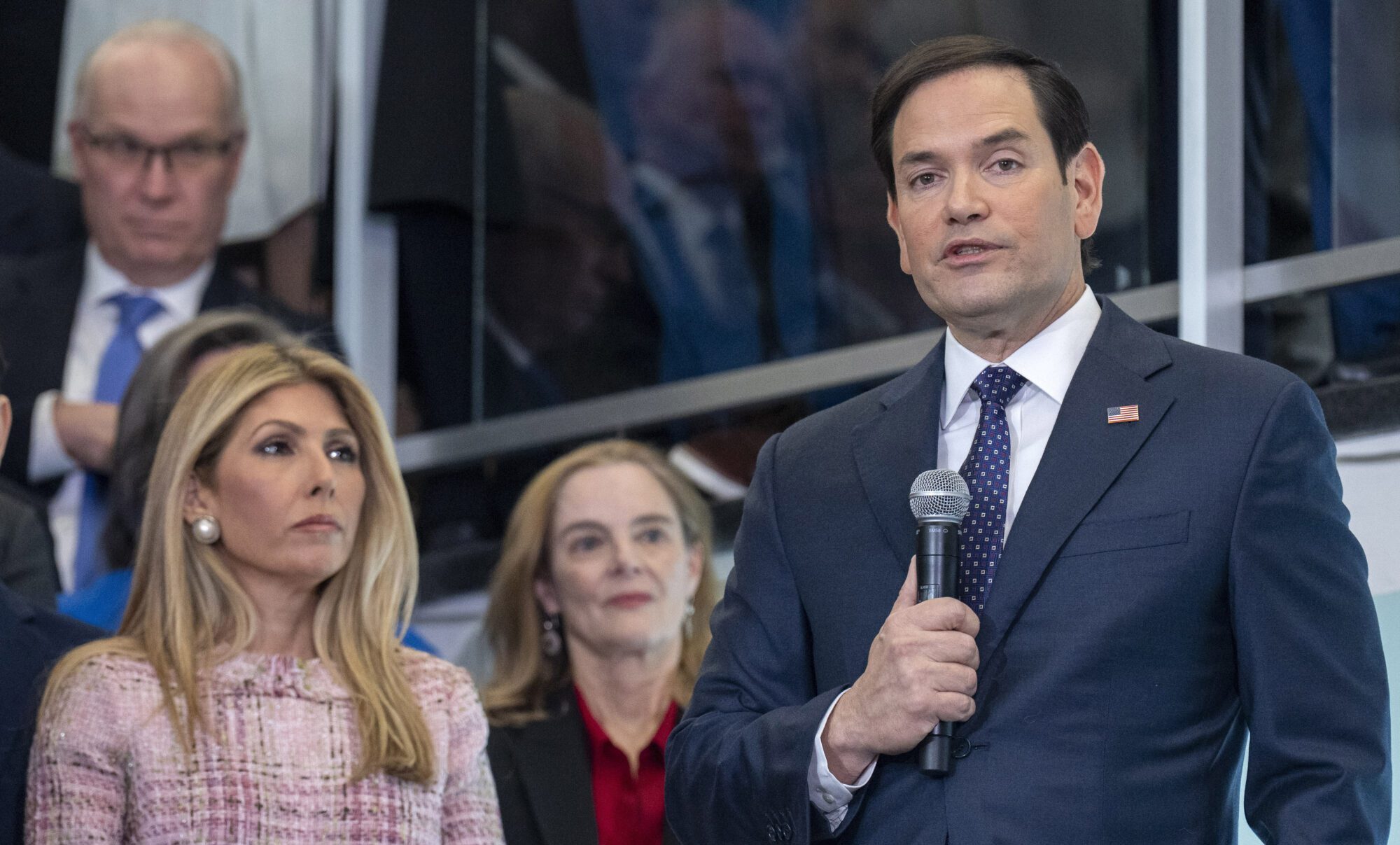RECONCILIATION MAKES A BAD BILL WORSE
WASHINGTON, DC – After the release of the majority’s reconciliation bill, U.S. Representative Gregg Harper (R–Miss.) said the changes would not tone down the effects of a health care overhaul, but in fact make them worse.
“Democratic leaders in Congress say their bill will reduce the deficit,” said Congressman Gregg Harper. “That’s not true. This flawed legislation will raise taxes over a half-trillion dollars during one of the toughest economic downturns in American history.”
Preliminary analysis of the 153-page reconciliation bill confirms that the modifications will increase taxes by an additional $50 billion, bringing the overall tax boost to $569.2 billion. The reconciliation bill in combination with the Senate-passed measure do not reduce the deficit after excluding the more than $120 billion in revenue generated by the Social Security program and the CLASS Act long-term care entitlement. Since this revenue will eventually be used to pay out benefits to these two programs, the bill does not reduce the deficit in the near-term – or the long term.
The total Medicare cuts in the bill add up to $523 billion in order to fund new entitlements for other Americans. Businesses that cannot afford to provide health coverage for their workers would face a penalty of $2,000 per employee. This tax applies to part-time as well as full-time workers. Additionally, the bill includes an unprecedented extension of the Medicare tax to all non-wage income, raising the top marginal rate on small business owners by 20% and the top tax rate on investment income by 60%, discouraging job creation necessary for economic growth.
“Raising taxes, cutting Medicare and creating a new entitlement program is not health care reform,” added Congressman Harper. “I will continue to work towards meaningful reforms for our health care system that will give employers more variety in making health coverage affordable and available to their employees and their families.”






